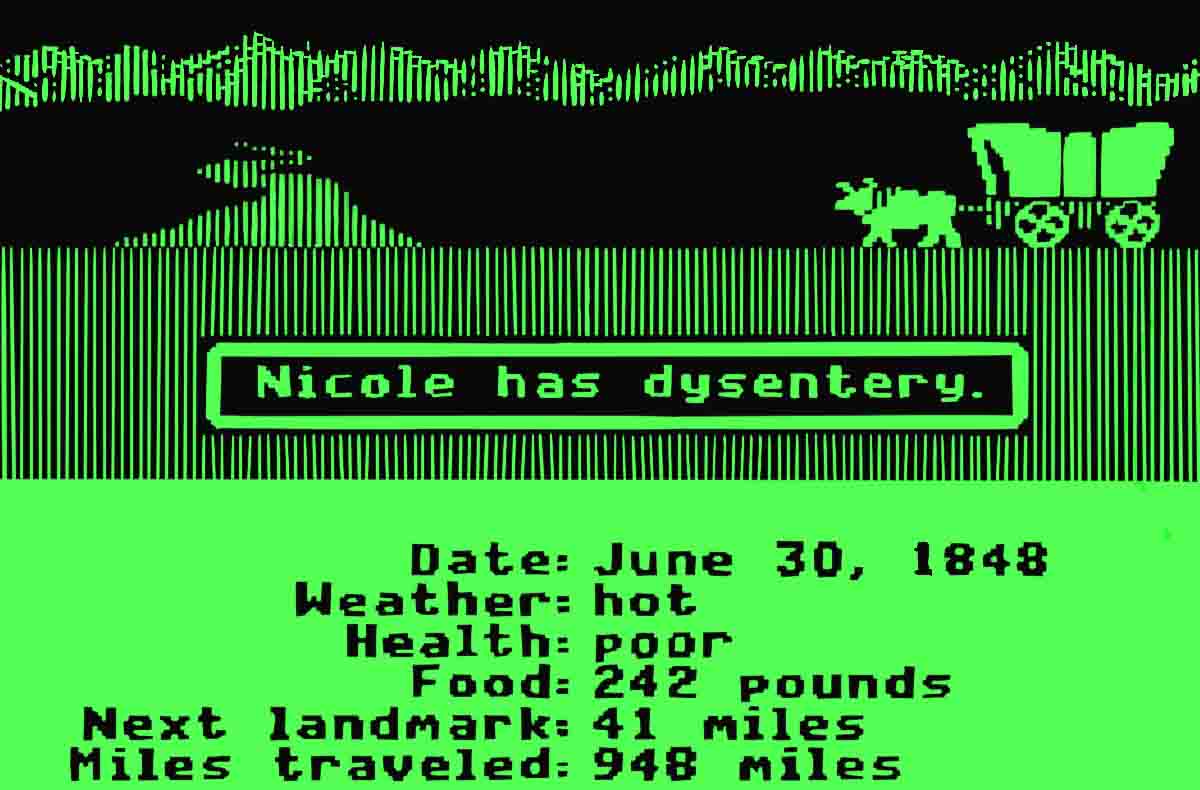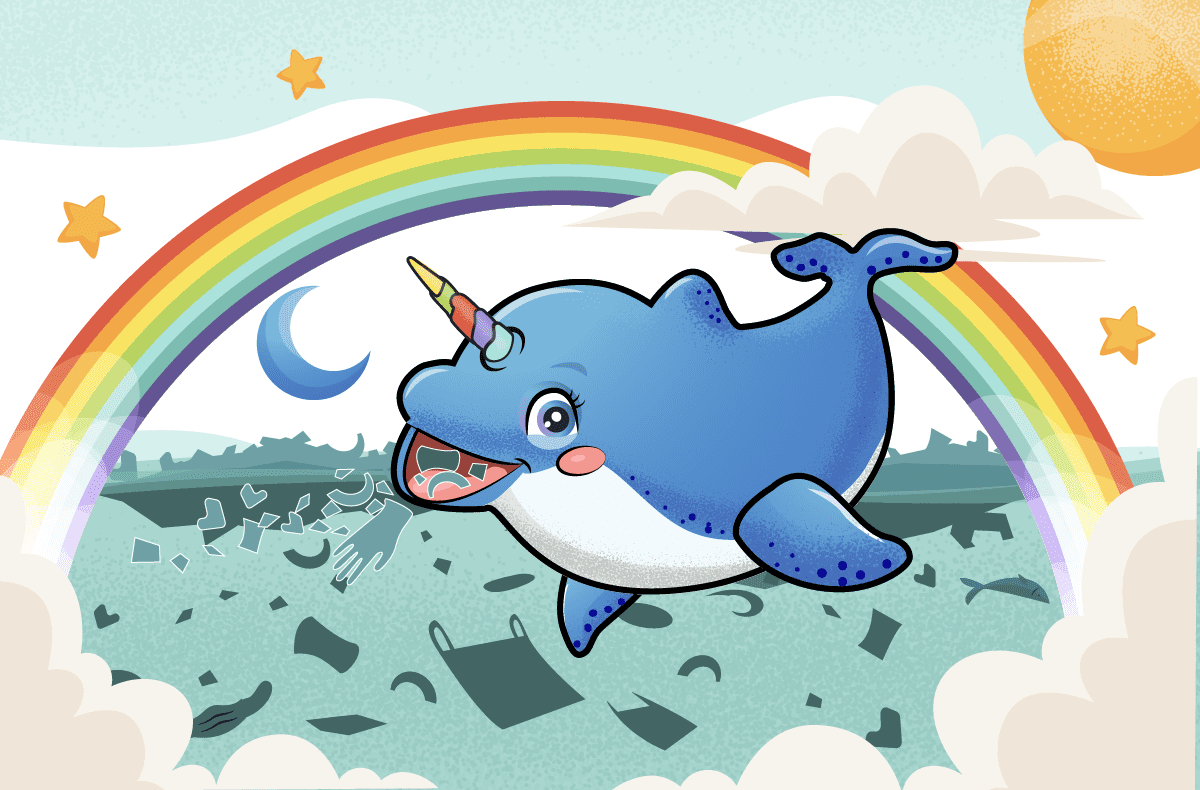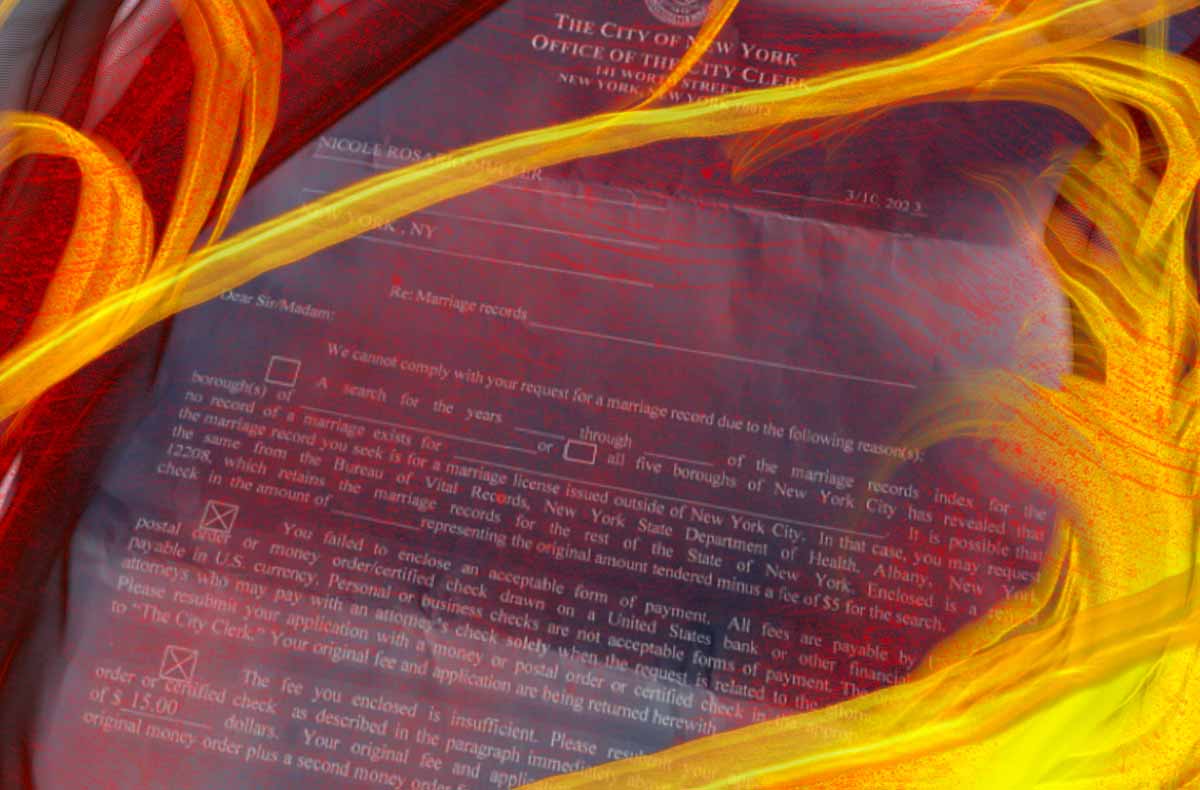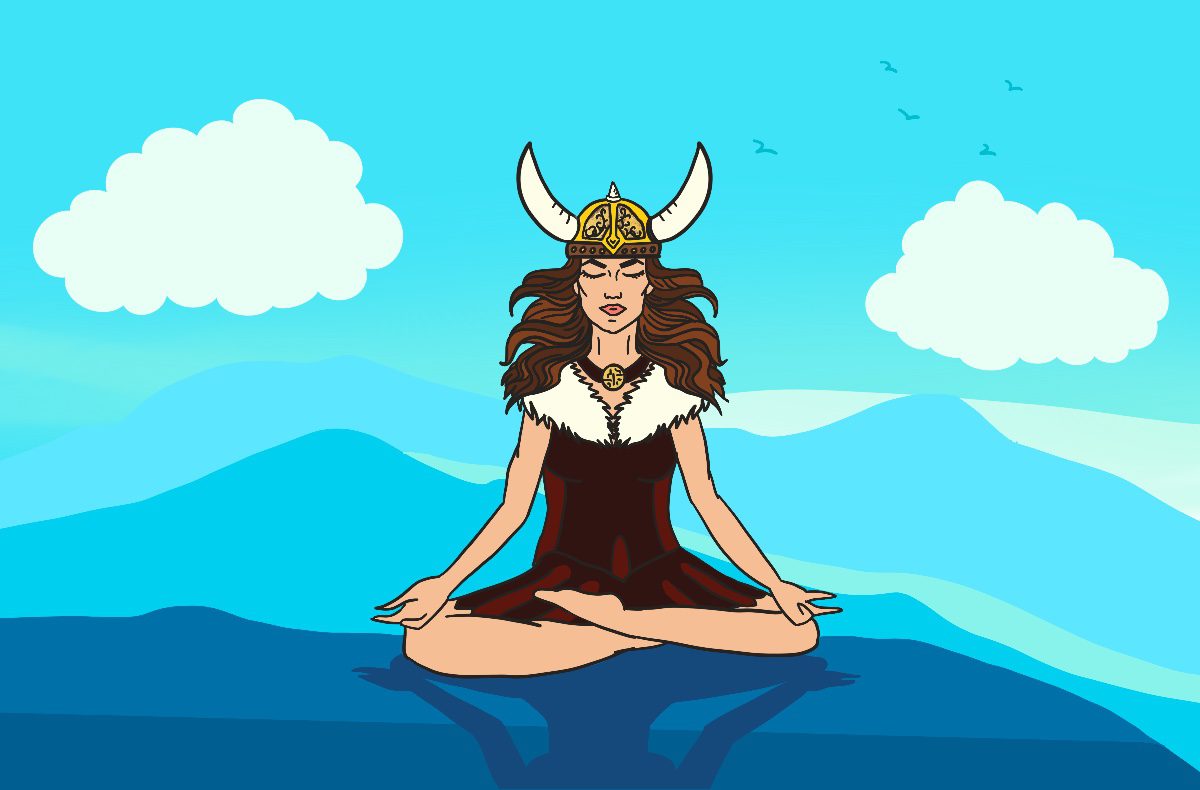
Illustration by Nikki Muller
Last week, I covered my weird location within the Millennial generation, and how those of us born in the early/mid-1980s have been categorized as a separate cusper microgeneration of “Xennials,” or occasionally “The Oregon Trail Generation,” which I promised I’d write more about this week.
This second term is far superior, because while anyone can awkwardly mash two words together, this requires the insider knowledge of the 80s kid to prove its appropriate relevance. Namely, if you know—you know.
For any American born in the early 80s, “Oregon Trail” acts as a dog whistle, summoning the zeitgeist of our early childhood. Coincidentally, I’d already been thinking about the game well before New Thinking’s generational discussion arose: Lien Tran’s article on using games to enrich students’ civics education immediately made me think of all the games I’d learned from across the years.
The Oregon Trail was an iconic game that taught large swaths of American students about the travails of early settlers seeking their manifest destiny via floppy disc. Computers and video games were still developing, and The Oregon Trail was one of the earliest and most accessible educational games.
While the game did get heavy updates as technology advanced—I still remember going to a rich friend’s house where we got to play the CD-ROM version in color, with the most dazzling graphics for “fording the river,” what privilege!—The Oregon Trail most other public school kiddos out there will recall is the bare bones floppy disc original, with minimalist covered wagon graphics on the green and black screens of the computer lab’s old clunkers.
Wildly, the original Oregon Trail game was created in 1971 by some ambitious school teachers on a whim, and was so well liked it came to infiltrate schools for decades to come—including my own. For those who didn’t have the joy of playing the game, essentially you would start off by naming the people in your party—who you were going to make the perilous trip out west with—and you’d buy a whole bunch of supplies for your wagon.
The choices you made at the top—when to leave (lest you hit winter), what to bring with you (spare axles? Bullets for hunting?), et cetera—would determine your likelihood of success or failure. Though it was basically always failure. Away you went, your oxen plodding along and little wagon wheels spinning, until you ran out of food or all died.
Because that’s generally how the game went: everyone in your party eventually died. Of dysentery, cholera, measles, or rattlesnake bites. And of course, you always ran out of food super fast and could never find a slow-moving bison to shoot when you needed one (you could hunt in the game, and bison were slow and totally awesome, but you could never carry their full weight of meat, which was a shame, and squirrels were fast, hard to shoot, and gave you almost no meat, dammit).
So while playing The Oregon Trail did teach me the historically valuable lesson of “being an early settler in the United States was really shitty,” I learned a secondary lesson, too: if you’re going on a deadly journey, travel with people you hate.
After being traumatized by the message that “Mom has died of diphtheria” for the third time, I stopped naming my wagon-mates after my family members and dearest friends, and instead started picking the names of asshole classmates I didn’t like. So when “Jessica” got sick and died of typhoid fever over a few rough days on the Trail, it was oddly satisfying since she sucked, anyway.
I literally don’t think I ever won a game of The Oregon Trail. And I’m pretty sure none of my classmates did, either. The only time I got to see someone successfully reach the end of the game was that time I watched my rich friend play the shiny color version on her PC. So I think the lesson is: if you were rich, you were probably one of the few people who did survive the Oregon Trail. Which is perhaps also accurate?
(As a side note, it’s estimated that at least 20,000 people died on the Oregon Trail—but given that 300,000+ made the trip, that’s definitely a lot more success than my abysmally bad track record suggests. So… new lesson learned. Not everyone died on the Trail.)
While the lessons I learned from The Oregon Trail were certainly flawed, they absolutely stuck with me, and likely any other late-30-early-40-year-old American out there. Even if we don’t remember exactly how many settlers traversed the route during westward expansion or the precise date range, there’s some solid things we do know. Namely: shooting a squirrel is hard, traveling during the winter is deadly, wagon axles gonna break, fording a river rarely works out, and it’s easy to die of dysentery.
And, of course, as mentioned, there’s the lesson that money solves everything. Unlike fording, paying to ferry across the river had a guaranteed success rate, and buying extra wagon parts ensured you could keep moving forward when one broke. Not to mention that being able to afford your own CD-ROM edition of The Oregon Trail meant you could play for hours at home until you won the game.
Even so, there’s still nothing quite as satisfying as the digital schadenfreude of a bitchy classmate named as dying of an old-timey disease. I guess some of the best things in life are free, after all.



